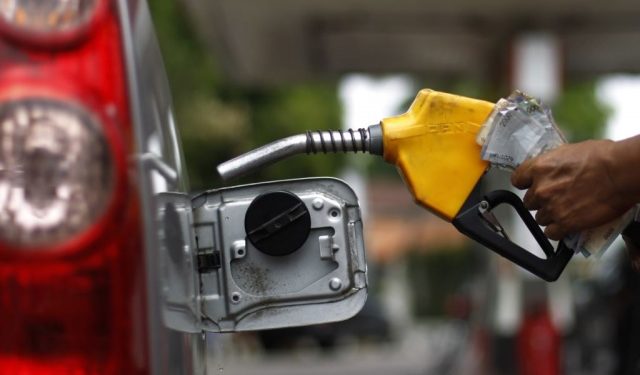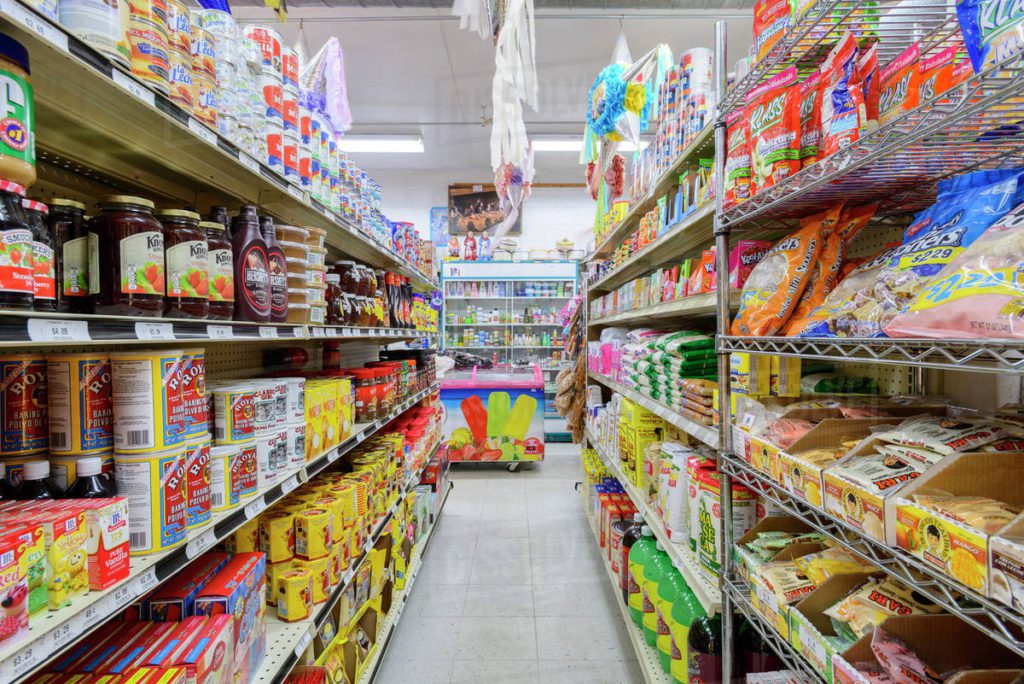
The Finance Minister, Ken Ofori-Atta has attributed the country’s rising inflation to factors beyond government’s control.
He said almost all African countries are facing similar situations.
He thus added that global inflation has risen and that Ghana’s case is not an exception.
He made these comments on Thursday at a press conference organised by the Information Ministry.
According to him, 41 African countries are currently exposed to the same crisis Ghana faces. These crises he mentioned are “rising food prices, rising energy prices, tightening financial conditions”.
Conditions, he said Finance Ministers on the continent call them the “dreaded three Fs”.
“Today, 41 African economies are severely exposed to, at least, one of three concurrent crises, rising food prices, rising energy prices, tightening financial conditions Finance Ministers now call it the dreaded three Fs; food, fuel, and financial conditions.”

“That is just a ripple through in all Africa, and food prices easily about 34 per cent higher, crude oil prices some 60 per cent higher, and global inflation has risen; we saw our numbers yesterday moved to 23.6 per cent, a good chunk of it being imported inflation.”
The Ghana Statistical Service (GSS) announced on Wednesday, May 11, that the national year-on-year inflation rate was 23.6% in April 2022, which is 4.2 percentage points higher than the 19.4% recorded in March 2022.
This is the highest since January 2004.
According to the GSS, four divisions – Transport (33.5%); Household Equipment and Routine Maintenance (28.5%); Food and Non-Alcoholic Beverages (25.6%), and Housing, Water, Electricity, Gas, and Other Fuels (25.0%) recorded inflation rates above the national average of 23.6% with Transport recording the highest inflation.
National month-on-month inflation from March 2022 to April 2022 was 5.1%.
Whilst Food and Non-Alcoholic Beverages inflation was 26.6%, Non-Food inflation stood at 21.3%.

April 2022 food inflation (26.6%) is higher than both March 2022 food inflation (22.4%) and the average of the previous 12 months (13.5%). Food inflation’s contribution to total inflation, however, decreased from 51.4% in March 2022 to 50.0% in April 2022.
All the 15 food subclasses recorded positive month-on-month inflation, with Fruit and Vegetable Juices recording the highest (15.3%).
For Non-Food inflation, year-on-year inflation, on average, went up again in April 2022 compared to March 2022 (from 17.0% to 21.3%). Only one out of the 12 Non-food Divisions had the 12 months rolling average to be higher than the year-on-year inflation for April 2022.
Furthermore, the inflation for imported goods was 24.7% higher than the 17.3% recorded for March 2022, while the inflation for locally produced items was 23.0%, up from the 20.0% recorded in March 2022. This is the first time in 29 months that inflation for imported items exceeded domestic inflation.
Government Statistician, Professor Samuel Kobina Anim, called on policymakers to address the rising prices of goods and services in the country.
Upper East records the lowest inflation rate of 18.4%.
Meanwhile, the Upper East region recorded the lowest inflation rate of 18.4%. However, the Central region registered the highest inflation rate of 26.7%.
Greater Accra recorded an inflation rate of 25.1%, whereas the Ashanti region recorded an inflation rate of 21.7%.
For the region with the lowest food inflation, the Upper East topped with 18.1%, whilst the Upper West recorded the highest inflation rate of 38.5%.
